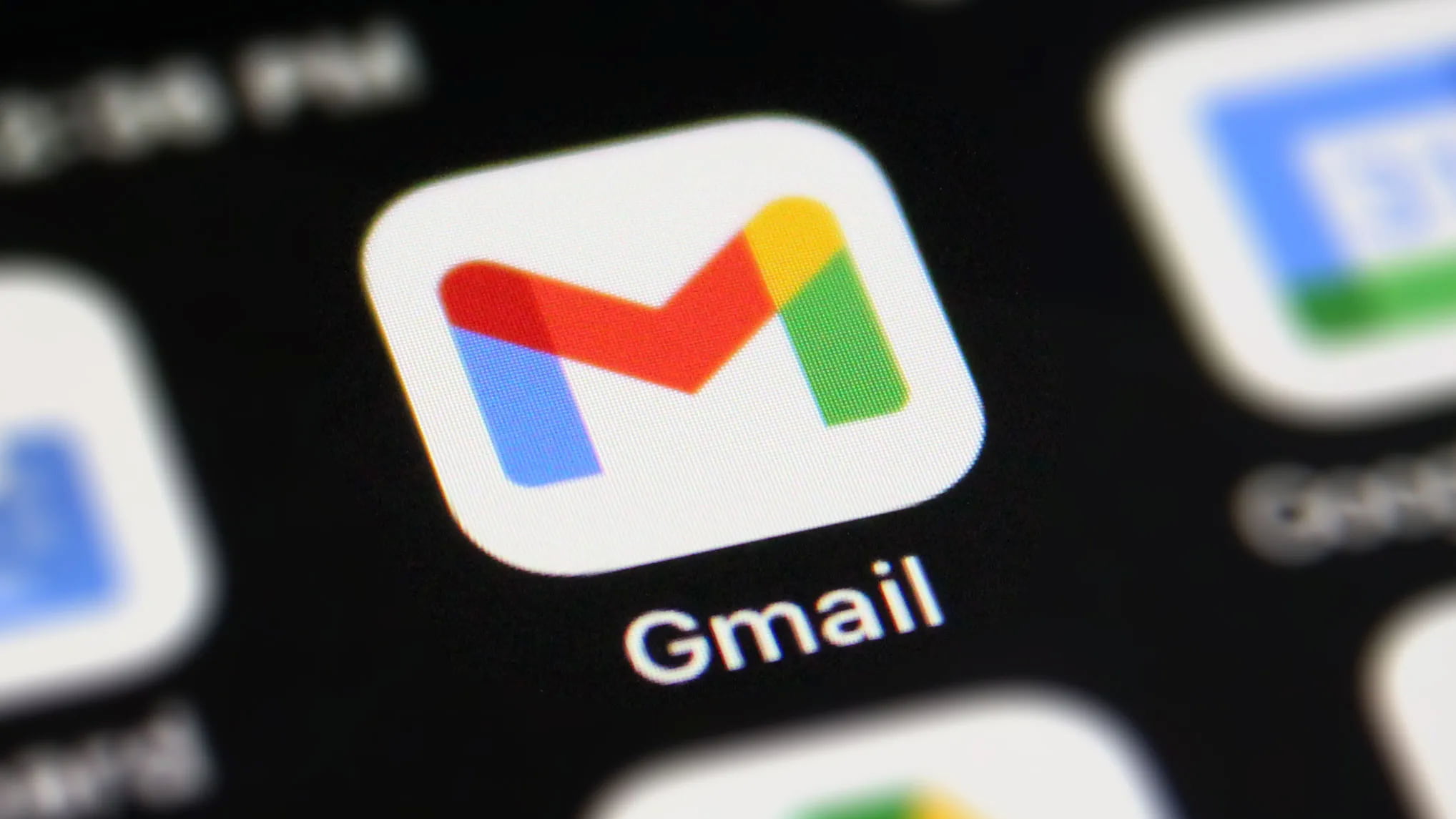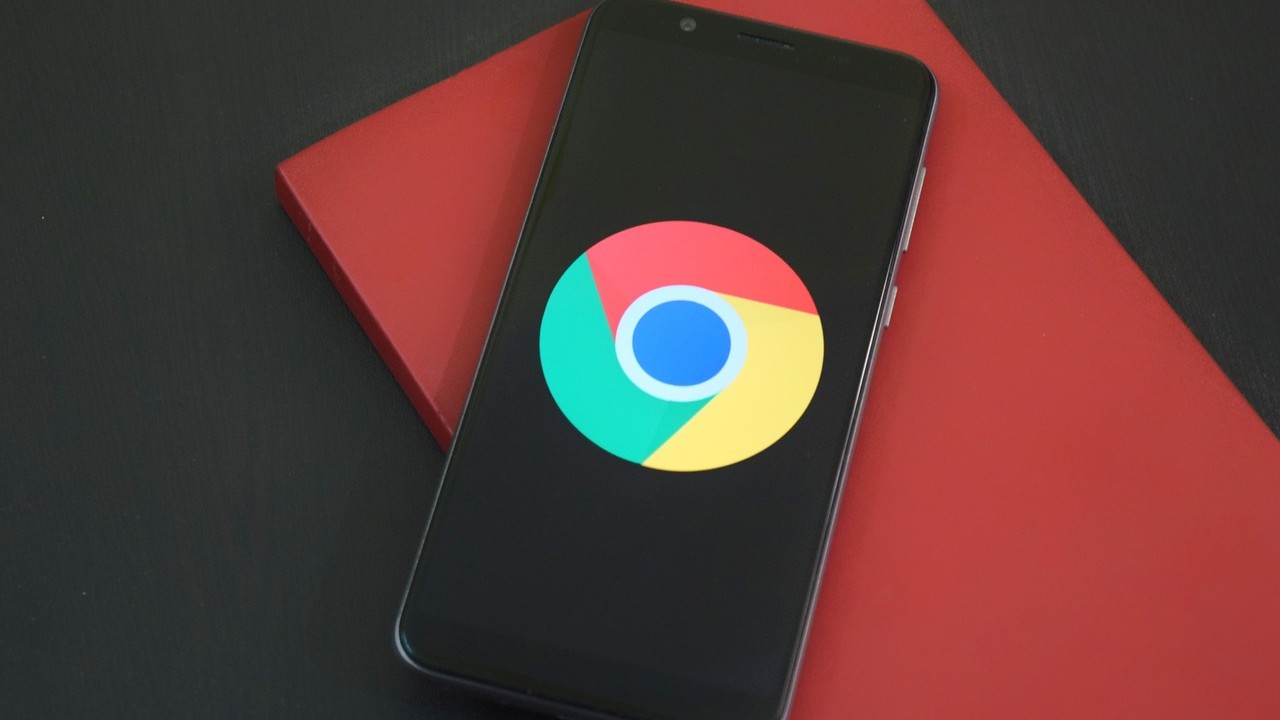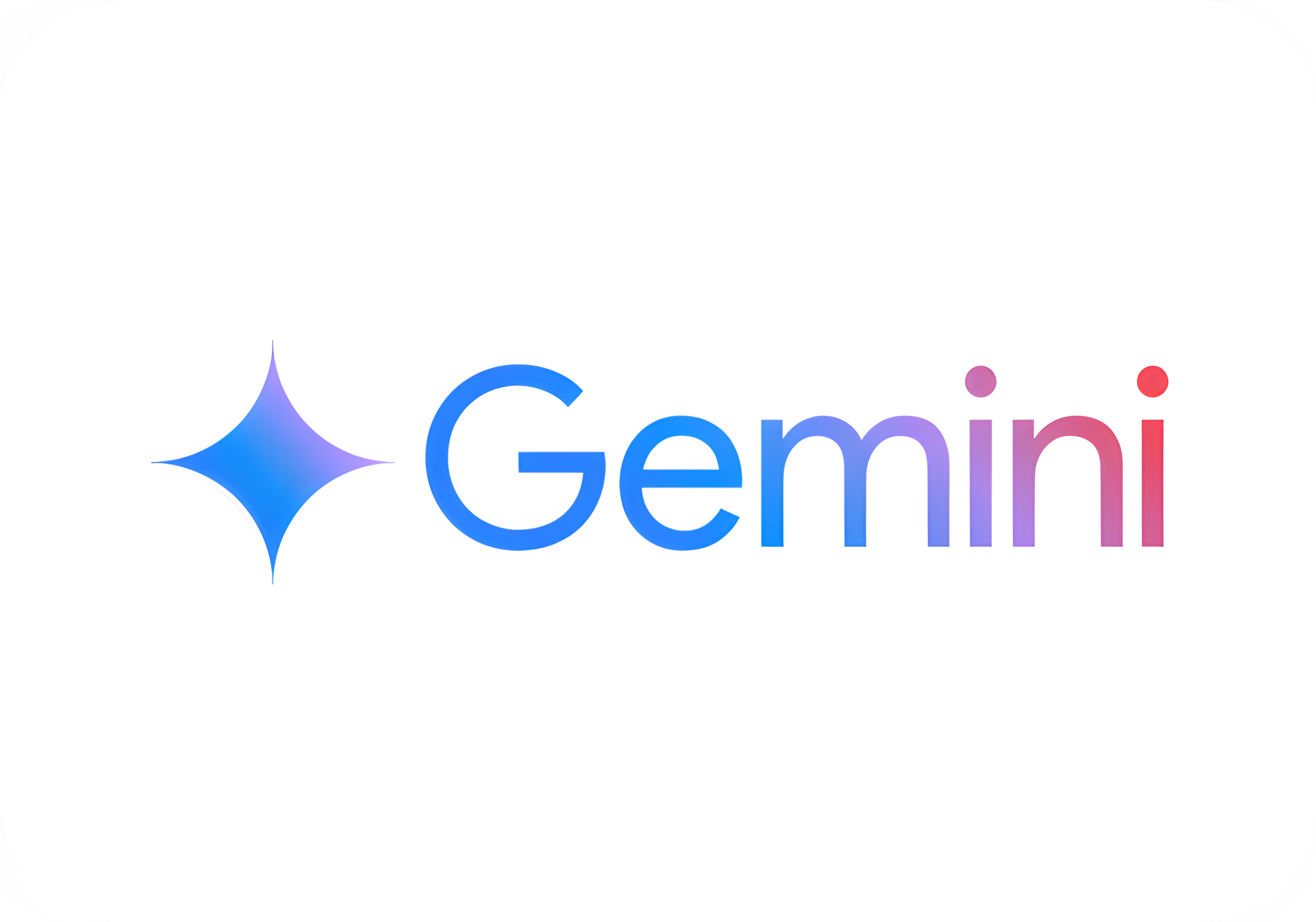Google is reportedly preparing to adopt a more active role in countering cyber threats directed at itself and, potentially, other United States organisations and elements of national infrastructure.
The Vice President of Google Threat Intelligence Group, Sandra Joyce, stated that the company intends to establish a ‘disruption unit’ in the coming months.
Joyce explained that the initiative will involve ‘intelligence-led proactive identification of opportunities where we can actually take down some type of campaign or operation,’ stressing the need to shift from a reactive to a proactive stance.
This announcement was made during an event organised by the Centre for Cybersecurity Policy and Law, which in May published the report which raises questions as to whether the US government should allow private-sector entities to engage in offensive cyber operations, whether deterrence is better achieved through non-cyber responses, or whether the focus ought to be on strengthening defensive measures.
The US government’s policy direction emphasises offensive capabilities. In July, Congress passed the ‘One Big Beautiful Bill Act, allocating $1 billion to offensive cyber operations. However, this came amidst ongoing debates regarding the balance between offensive and defensive measures, including those overseen by the Cybersecurity and Infrastructure Security Agency (CISA).
Although the legislation does not authorise private companies such as Google to participate directly in offensive operations, it highlights the administration’s prioritisation of such activities.
On 15 August, lawmakers introduced the Scam Farms Marque and Reprisal Authorisation Act of 2025. If enacted, the bill would permit the President to issue letters of marque and reprisal in response to acts of cyber aggression involving criminal enterprises. The full text of the bill is available on Congress.gov.
The measure draws upon a concept historically associated with naval conflict, whereby private actors were empowered to act on behalf of the state against its adversaries.
These legislative initiatives reflect broader efforts to recalibrate the United States’ approach to deterring cyberattacks. Ransomware campaigns, intellectual property theft, and financially motivated crimes continue to affect US organisations, whilst critical infrastructure remains a target for foreign actors.
In this context, government institutions and private-sector companies such as Google are signalling their readiness to pursue more proactive strategies in cyber defence. The extent and implications of these developments remain uncertain, but they represent a marked departure from previous approaches.
Would you like to learn more about AI, tech and digital diplomacy? If so, ask our Diplo chatbot!









